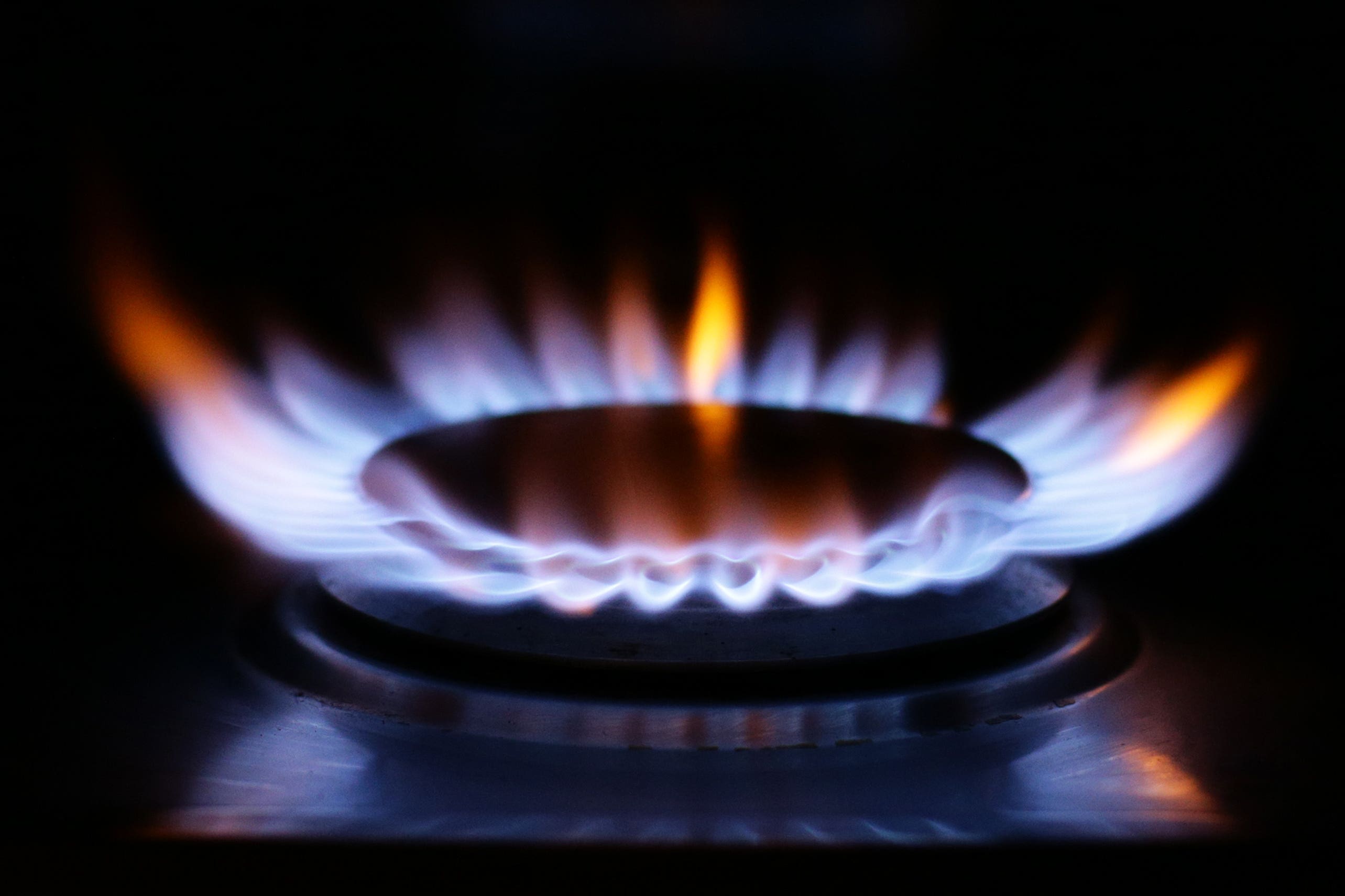Dog’s dinner of an energy market in need of major surgery amid string of scandals
Dismal customer service, the forced installation of prepayment meters... This is an industry that can’t seem to shake scandal, writes James Moore


Remember when the banks were seen by business as public enemy number one? After the financial crisis, when they nearly burnt the economy to the ground? Well, it seems they’re off the hook. The energy industry has taken their place. And how.
Last week’s revelations in The Times, which found that British Gas had routinely sent debt collectors with warrants to break into customers’ homes and force-fit pay-as-you-go meters regardless of their vulnerability, were frankly apalling.
Ofgem, the industry regulator, launched an immediate investigation and warned off the rest of the industry. The sheer awfulness of what was reported meant that another of its releases, this time on the subject of the industry’s dismal customer service, was pushed into the background.
Pity. Other suppliers mightn’t have behaved as badly as British Gas – or its contractors – appear to have done. But that’s not saying much. The watchdog found weak policies, poor handling of complaints, dodgy scripts handed to poorly trained staff to handle complex calls. And yes, you may very well be wondering how on earth a predetermined “script” could properly handle a complex call in the first place. I know I am.
That is, of course, if customers could even get through to their provider. Ofgem found that callers were repeatedly left hanging on the telephone for hours on end. We’ve all been there. “Your call is important to us,” when it isn’t. “We are experiencing an exceptionally high volume of calls.” And they always are, regardless of when you call.
The advice given to consumers in financial difficulty – whether with a bank, an insurer, or a utility such as these – is always to call them. Explain the problem. Seek assistance. They have policies in place. They can help. Tough to do that when they hang up the phone. That happened, too.
E.On was named and shamed for “severe weaknesses” and now faces enforcement action. British Gas (them again), E Gas & Electricity, EDF, Good Energy, Outfox the Market, OVO, ScottishPower, SO Energy, Utilita, Utility Warehouse and Tru Energy were all found to have moderate weaknesses.
The best, interestingly enough, were all newer entrants: Bulb, Ecotricity, Green Energy, Shell and Octopus. But none of those 17 companies earned a passing grade.
Tempted to switch because your provider’s behaviour is beyond the pale? Good luck with that. Doing so could be akin to trading Baphomet for the great Cthulu. No wonder the Energy Ombudsman has been busy upholding complaints.
In addition to this report, and the forthcoming “urgent investigation” into practices at British Gas, there is a “future market review” into prepayment meters on the way.
All this activity by the regulator speaks to an industry that is licensed to make money through providing an essential service but is badly failing its customers.
Last week, an energy consultant speaking to BBC Radio 5 held that the problem is down to the industry not making enough money. No, really. Ultra-tight margins – sometimes no margin at all when wholesale energy prices move above the Ofgem price cap – leave little room for investment in customer service.
It is certainly true that margins can be slim, and maybe there has been too much focus by the government and the regulators on competition and not enough on ensuring that suppliers can do the basics. But you know what? The margins at Britain’s supermarkets are also very slim, and competition is hot. In addition, while a trip to the grocer is undoubtedly a chore, they mostly manage to make it pain-free.
The consultant’s argument also ignored the industry’s history: the Big Six providers spent years sitting back and getting fat while offering a bewildering array of tariffs that even an economics professor would struggle to pick their way through.
Energy privatisation was supposed to deliver benefits to the consumers. So where would those benefits be? It may now be too late to put this genie back into the bottle. The complexity of nationalising the industry would be formidable, and so would be the price at a time when the entire public sector is in desperate need of investment.
But one does rather wonder what all these reviews and reports are really supposed to accomplish; what the end game is, here. The introduction of a lower “social tariff” would, I think, do much to ease the pressure on vulnerable consumers. It should help to bring an end to the predatory behaviour of suppliers. But it requires more than that to properly fix this mess. Major surgery is needed. Is Ofgem up to the task?






Join our commenting forum
Join thought-provoking conversations, follow other Independent readers and see their replies
Comments